Prince Edward, the future king Edward V, is famously known as one of ‘the Princes in the Tower’. The period he was held in the Tower of London was just a few months. It is sad that he is only remembered for this short period of time in his life. So we would like to tell you about the life of Prince Edward before his time in the Tower…
Edward was born on 2nd November 1470 in the sanctuary of Westminster Abbey. He was the fourth child and the first son of his parents. His father, Edward IV, who had taken the throne from Henry VI nine years before, was in exile in Burgundy when the prince was born. The marriage of his parents, the king and his subject, Elizabeth Woodville, was so unpopular that the king lost the support of his friend, the Earl of Warwick – the ‘Kingmaker’. Warwick restored Henry VI and made Edward IV an exile, and so heavily pregnant Elizabeth asked for protection at Westminster Abbey. Edward IV returned from exile in the spring of 1471 and defeated Warwick, captured Henry VI then restored himself as king.
As soon as his father, Edward IV, was back on the throne, young Edward was created Prince of Wales and given the Order of the Garter the following year. Twice in 1473, his parents took the new Prince of Wales to the Welsh Marches where the prince’s father had inherited many lands through his Mortimer great-grandmother. The king provided a separate household for Prince Edward in September and decided to leave the prince at his family’s main castle in the Marches, Ludlow Castle, with his council in the Marches while his parents and his other siblings were living in London. His maternal uncle, Anthony Woodville, Earl Rivers, was appointed ‘the Prince’s master’ (Governor) in October to supervise Edward’s education and daily life.
A typical day for Prince Edward would start around six in the morning, when he rose and said morning prayer in his chamber. After breakfast, he attended Mass in the chapel. Then his schooling took most of his day with a break for dinner. He was taught some languages, such as Latin and French, and court manners. When he became older, playing musical instruments, singing and dancing, archery, riding and jousting were added to his education. He was accompanied by other young aristocrats. One of them was his half-brother, Richard Grey, his mother’s son from a previous marriage. He had more than fifty people in his household, including his own confessor, chaplains and physicians. After supper, his day would close with Evensong in his chamber then going to bed around eight o’clock.
From a young age, Prince Edward was placed in important positions. He was knighted with his brother, Richard (the other prince in the Tower), in April 1475 at Westminster. Two months later, he was appointed keeper of the realm and lieutenant when the king was in France for war. The king also delegated the prince to meet the Marcher lords the following year. Then in 1479, the prince was officially given the titles of Earl of March and Earl of Pembroke, adding to the titles of Earl of Chester and Duke of Cornwall which he already had.
As a royal prince, several marriage proposals were made for Edward before he became of age. Unlike his father though, the prince’s potential brides were chosen in consideration of foreign diplomacy – first in 1476 with Spanish infanta Isabella (Catherine of Aragon’s elder sister) and second in 1481 with the eldest daughter of the Duke of Brittany. Although his young brother’s marriage to Anne Mowbray actually took place in 1478, Edward’s marriage never took place.
Apart from visiting London for several special occasions, such as Parliaments and Christmas, or travelling in and around the Welsh Marches for business matters, Edward resided mainly at Ludlow Castle. As the head of the Prince’s council, he had a great number of seals for official papers, such as warrants and grants, and most of them were dated at Ludlow, though the seals were controlled by his governor, Earl Rivers.
Where exactly he lived in the castle is not known. Some historians suggest that he lived in the area now called ‘Tudor Lodgings’. If this was the case, the rooms he would have known were completely changed in the 16th century. However, there are many buildings in the castle that still remain as the prince would have known them. This had been his home for ten years, almost since his first memories. He became more familiar with the lands and people around the area than the capital where his other family lived. He seldom saw his parents or other siblings but he was surrounded by his trusted people who dedicated themselves to him.
Sadly, his time in Ludlow came to an end when the news of his father’s death reached him on 14th April 1483. Along with the sad news, the date of his coronation, 4th May, was mentioned. Edward and his entourage took more than ten days to leave Ludlow. Setting off to London for his coronation meant that he would be living in the capital as king after that and not returning to Ludlow – not as a permanent base. He must have had mixed emotions – sadness, nervousness, excitement etc. He would have been relieved to know that his governor, Earl Rivers, and his trusted people were travelling with him.
After Edward left Ludlow, his journey was later described by various historians in their biographies of Richard III. Edward’s party met his paternal uncle Richard (future Richard III) and his maternal aunt’s husband, the Duke of Buckingham, at Stony Stratford in Buckinghamshire. Out of the blue, Richard arrested Edward’s trusted and beloved uncle, Earl Rivers, and his half-brother, Richard Grey, and took control of the royal party. Edward protested against the arrest but to no avail. When his mother, Elizabeth Woodville, heard what had happened at Stony Stratford, she took all her children, including Edward’s younger brother Richard, to the sanctuary at Westminster Abbey. Edward was first placed at the bishop of London’s palace and his coronation postponed until midsummer, and then moved to the Tower of London where he was joined by his brother Richard to prepare for his coronation – which never happened…
The fate of the two princes in the Tower is still a mystery and there are so many theories talked about. Whatever happened to them, for Edward, I believe, those ten years in Ludlow must have been the happiest time of his life. It is amazing to be able to visit and experience the place where this young prince with his future ahead of him lived and grew up.
Noriko Horiuchi @Ludlow Castle



